Bangladesh should consider engaging Japan and South Korea more deeply in developing tertiary health services in the mid- and long-term, as both countries have achieved significant success in improving health services to world-class levels, said Bangladesh diplomats, health economists, and health specialists.
The High Commission of India has tightened the visa process in Bangladesh on political and security grounds after the ouster of former Prime Minister Sheikh Hasina, India's most trusted partner, through a mass uprising led by general students, said a Bangladesh diplomat who worked in both Japan and India.
“South Korea and Japan have no political and strategic interests like the USA, Russia, China, and India have in engaging in development projects in Bangladesh,” said a Bangladesh diplomat to The Dazzling Dawn.
“Bangladesh seems to have moved away from Indian political and strategic interests as Sheikh Hasina has quit power. Indian politicians will continue to use the ‘Hindutva card’ and ‘the minority issue in Bangladesh’ to gain political leverage in local and national elections,” said the diplomat, who worked in India in close cooperation with Indian politicians.
“India will never engage in developing health services in Bangladesh because improved health services would stop Bangladeshi patients’ spree of visiting the neighboring country for treatment,” stated the seasoned diplomat.
Though Bangladesh Bank has no reliable statistics on medical expenses in India, unofficial data suggest that Bangladesh spends $4–5 billion in medical tourism to India, said a health economist.
Japan has played a significant role in developing tertiary health services in Southeast Asian countries like Singapore, Malaysia, Vietnam, and Thailand over the years. Mount Elizabeth Hospital and Mount Elizabeth Novena Hospital in Singapore are members of IHH Healthcare, the world’s second-largest hospital group. Major Japanese company Mitsui & Co., Ltd. is the largest shareholder of IHH Healthcare, said a young diplomat who worked in both Japan and India.
Japan’s Mitsui & Company became the largest shareholder in Malaysian hospital operator IHH Healthcare to gain exposure to Southeast Asia’s healthcare market.
Several Bangladeshi physicians who received advanced training in Japan opined that Japan’s deep engagement in developing the health system could curb patients’ spending abroad, especially in India.
South Korea has extended economic cooperation to establish a Super Specialized Hospital under Bangabandhu Sheikh Mujib Medical University in Shahbag, Dhaka.
Ambassador of Japan to Bangladesh Iwama Kiminori is set to leave Bangladesh this month after completing his tenure. The government of Bangladesh should maintain strong ties with him and his successor to enhance Japan’s involvement in the country’s health services, according to the diplomat.
Dr. Ahmed Mushtaque Raza Chowdhury, convener of Bangladesh Health Watch and a professor at the School of Public Health at Columbia University, stated in an interview with The Business Standard that while visa restrictions pose challenges, they also offer an opportunity for the interim government to reform the healthcare sector.
"The new environment provides an avenue to strengthen our healthcare system and restore citizens' confidence, reducing their reliance on treatment abroad," Dr. Chowdhury said.
Public health activist Sumit Banik highlighted challenges in Bangladesh’s healthcare system, including a lack of trained professionals, inadequate facilities, and limited access to quality care, especially in rural and marginalized areas. He emphasized that the concentration of tertiary care in urban centers, combined with the absence of specialized services and modern diagnostics, often forces patients to seek treatment abroad.
“Amid these challenges, the Indian visa restrictions present an opportunity to refocus resources on strengthening the local healthcare sector,” Banik noted.
Dr. Shafiun Nahin Shimul, a professor at Dhaka University’s Institute of Health Economics, pointed to communication gaps within the healthcare system as another barrier.
Political interference in medical education and healthcare, particularly tertiary treatment, remains a significant hindrance to the sector's improvement in Bangladesh. This interference encourages some affluent and critically ill patients to seek treatment abroad, said leading physicians and professionals.
Unofficial statistics reveal that Bangladeshi patients spend $3–4 billion annually in Indian hospitals, while Pakistani patients seeking treatment in India are relatively few.
A former director of the National Institute of Cardiology and Vascular Diseases (NICVD) noted that India and Pakistan have made notable progress in medical education, partly because their politicians refrained from using medical institutions for narrow political interests.
He said a section of Bangladeshi physicians maintain political connections, neglecting their primary responsibilities in medical education and health services.
While heart treatment in Bangladesh has improved, the politicization of the health system remains a significant obstacle to achieving desired progress. In contrast, Pakistan’s military refrained from interfering in the medical education system, allowing for its steady development.
The USA boasts the world's best health system, with leading physicians, nurses, and technicians. Approximately 20–25% of Indian-Americans, 9–10% of Pakistani-Americans, and 0.2% of Bangladeshi-Americans contribute to the U.S. healthcare system.
The politicization of the health system by major political parties in Bangladesh, including the Awami League and BNP, has often been detrimental. Organizations like Swadhinata Chikitshak Parishad (SWACHIP) and Doctors Association of Bangladesh (DAB) have been used for political purposes at the cost of national interests, claimed a physician from Dhaka Medical College and Hospital.
Since Sheikh Hasina's ouster on August 5, 2024, Dhaka-New Delhi relations have soured. The High Commission of India in Bangladesh has restricted visa issuance, citing national security concerns. However, emergency and medical visas continue to be processed.
Former WHO Regional Adviser Muzaherul Huq suggested that Bangladesh explore medical tourism opportunities, targeting citizens of India’s Northeast and Nepal. He recommended developing international-standard hospitals in Cox's Bazar and Chittagong to attract medical tourists.
Huq emphasized that ensuring quality health services is crucial for competing with established medical tourism hubs like Thailand, Malaysia, and Singapore.
Meanwhile, despite the significant amount Bangladeshis spend on treatment abroad, official figures from Bangladesh Bank reflect only a fraction of these expenditures. Economists and policymakers called for comprehensive efforts to better estimate and manage outbound medical tourism costs.
With Bangladesh’s economy growing, the country has become a key contributor to Thailand’s healthcare system. In 2019, Bangladeshi citizens spent 6.7 billion Thai baht on medical treatment in Thailand. Thailand, in turn, has positioned itself as a global medical tourism hub.
In Bangladesh, local entrepreneurs have invested over 200,000 crore taka in the healthcare sector over the last two decades. High-end hospitals like Square Hospitals, United Hospitals, and LabAid have raised the standard of healthcare, reducing the need for foreign treatment for many during the COVID-19 pandemic.
Open-heart surgery in Bangladesh costs approximately 2–3 lakh taka, compared to 10–15 lakh in India and 20–25 lakh in Singapore, illustrating the cost advantage of local healthcare.
Dr. Syed Abdul Hamid, a professor at the Institute of Health Economics, suggested that Bangladesh Bank and the National Board of Revenue work together to accurately assess outbound medical tourism expenses.
Bangladesh must prioritize improving its healthcare system, both for domestic benefits and to compete in the global medical tourism market.
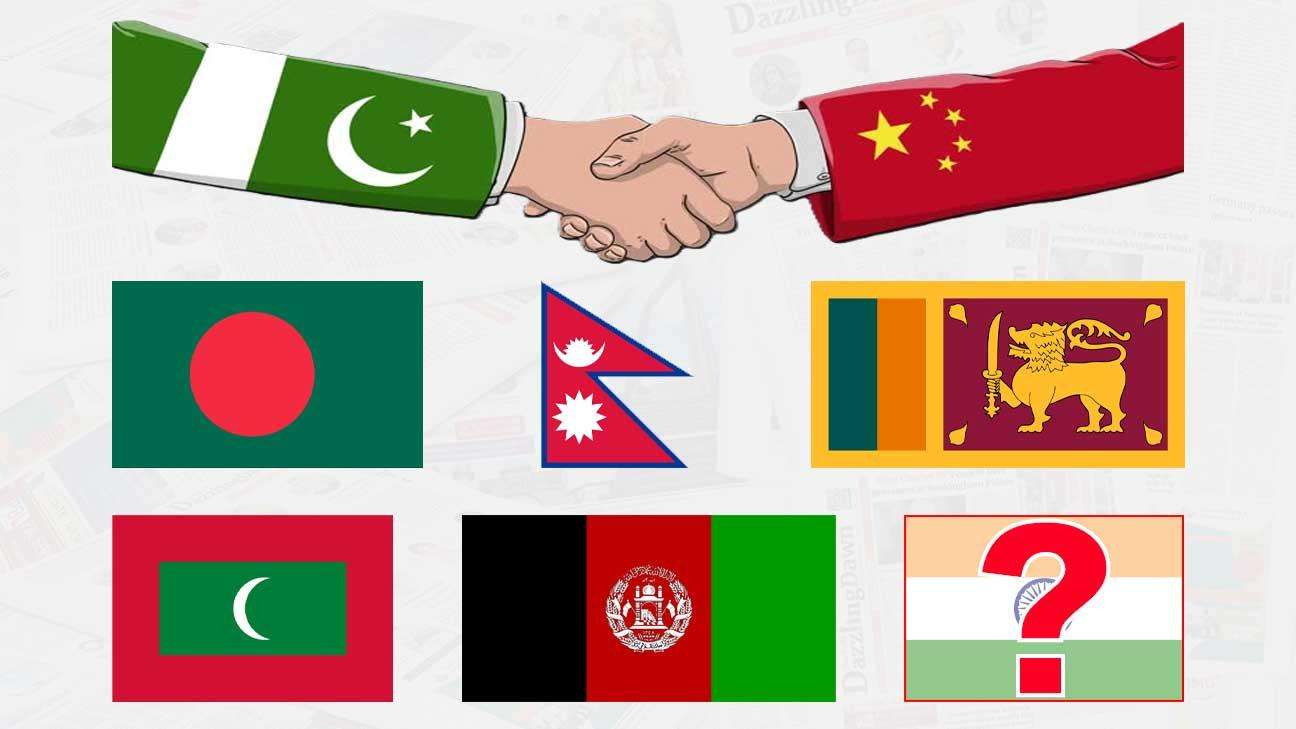
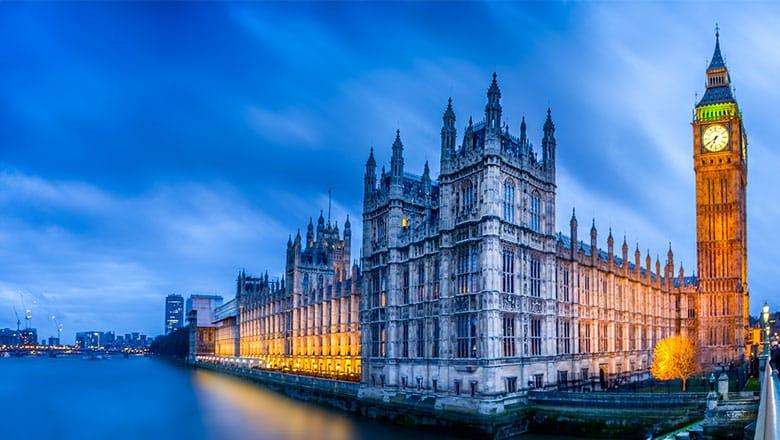
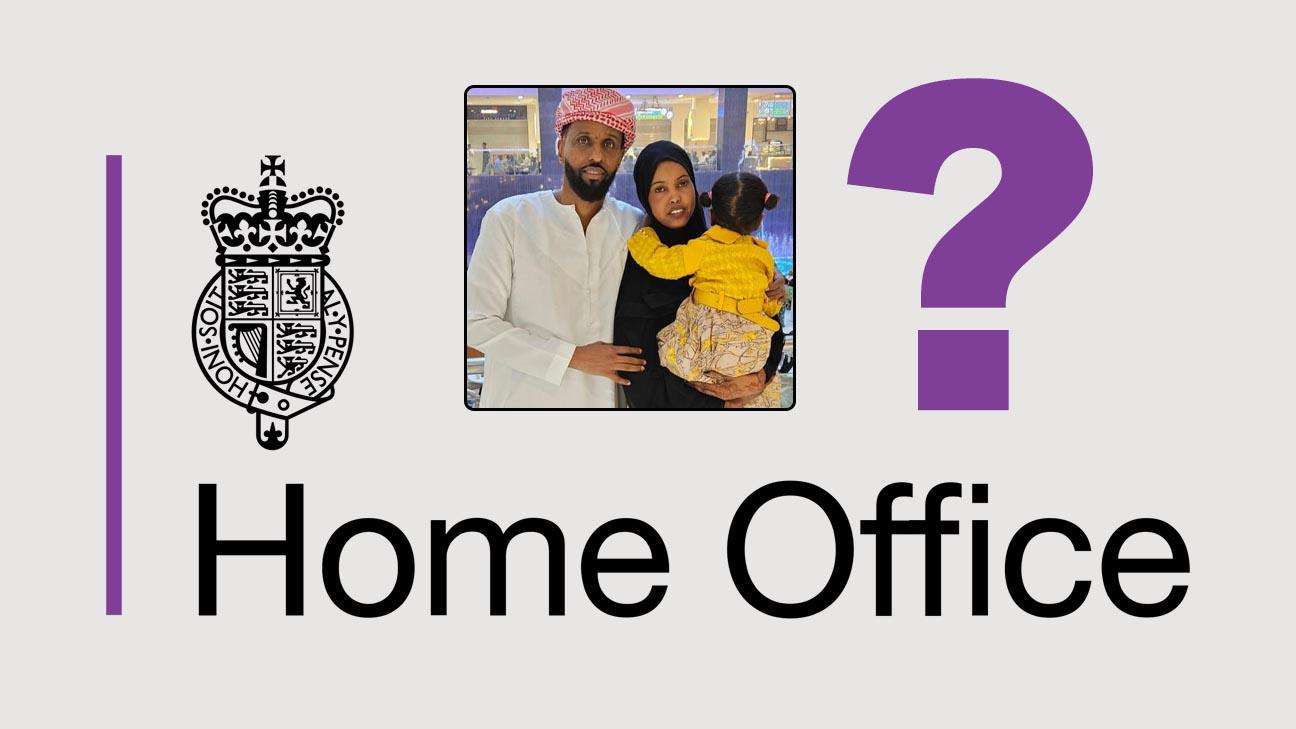
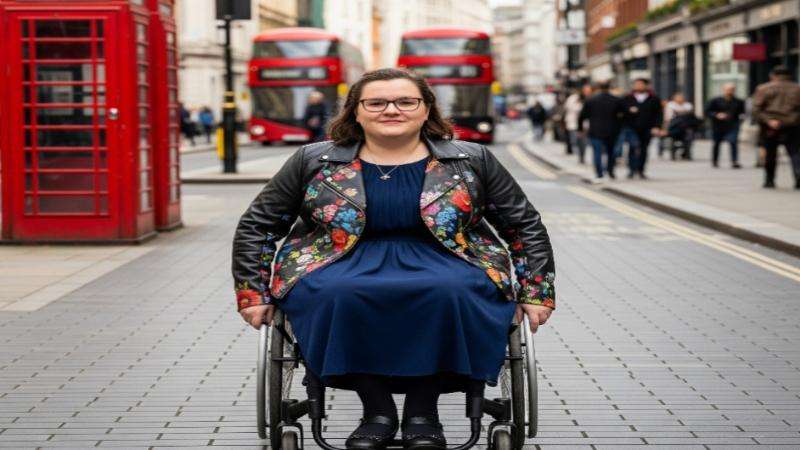
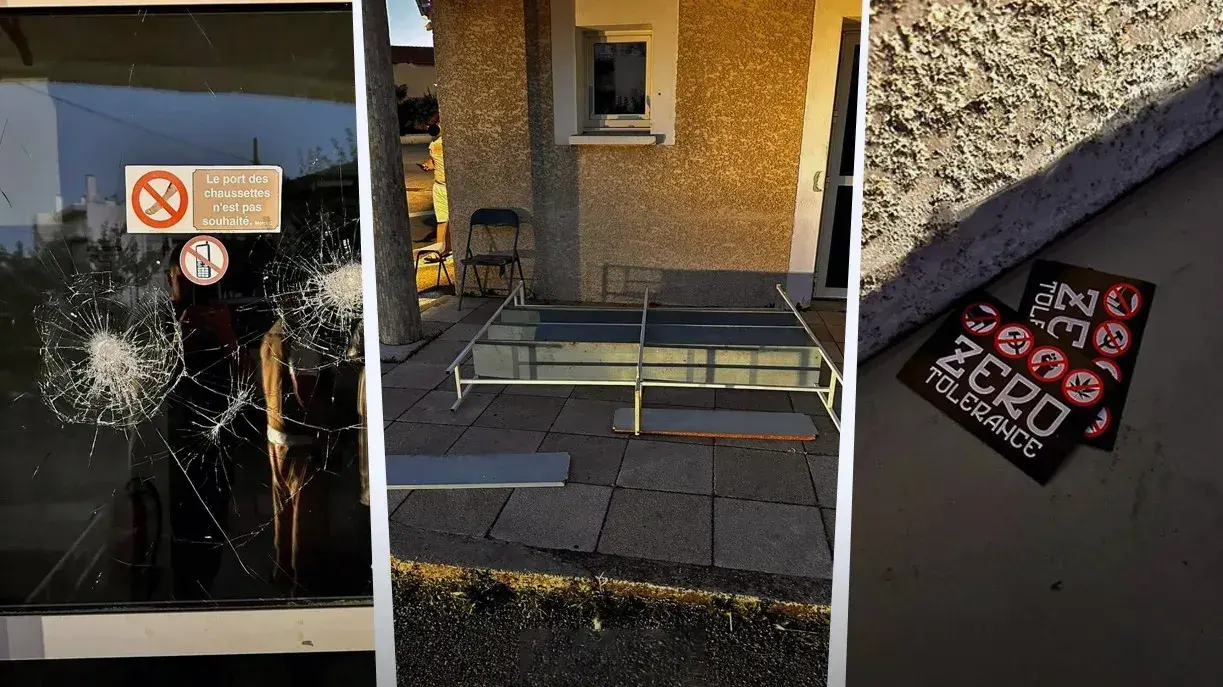



.svg)

_4.jpg)